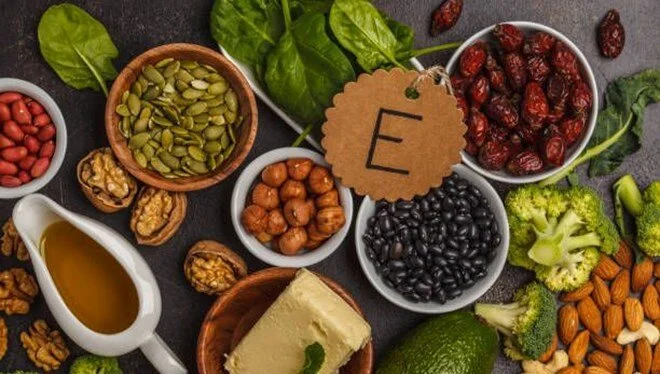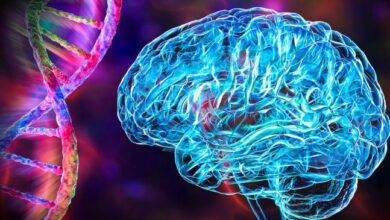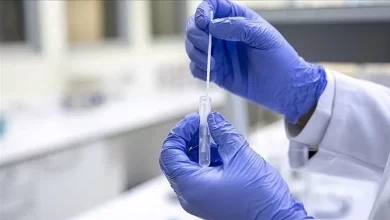What is vitamin E, what are its benefits? What does vitamin E do? What are the symptoms of vitamin E deficiency?

Vitamin E is one of the essential vitamins, also called tocopherol, which is necessary for the daily functions of the body. What is vitaminE, what are its benefits? What does vitaminE do? What are the symptoms of vitaminE deficiency? In which foods is vitaminE found? Details are here…
WHAT IS VITAMIN E?
VitaminE is a fat-soluble vitamin that has several forms. VitaminE contains alpha, beta, gamma and delta tocopherols.
VitaminE is resistant to cooking and heat, so they are not destroyed during cooking. However, during the frying and grinding of grains, vitamins E are also destroyed and most of them deteriorate. For this reason, it is healthier to cook products containing vitamin E without frying and to consume unbleached grain products (such as whole grain products).
WHAT ARE THE BENEFITS OF VITAMIN E?
VitaminE, which is the most important antioxidant in body work, is effective in strengthening the immune system.
VitaminE, which is an important nutritional component for the health of the brain, eyes, skin and circulatory system, also has a protective effect from atherosclerosis.
Vitamin E is important for the functions of the nervous system, muscles, endocrine glands such as the pituitary and adrenals, and reproductive organs. VitaminE is a biological antioxidant and is necessary for the prevention of vascular diseases and cancer. Thanks to its antioxidant properties, it is a natural protector against cancer and delays aging by enabling cells to renew themselves.
Known as anti-aging, vitaminE reduces the effect of Alzheimer’s disease, provides rapid healing of skin wounds, lightening of the skin and reduction of wrinkles.
The daily requirement of vitaminE, which is also involved in the production of proteins involved in blood coagulation, is 8-10 mg for adults.
WHAT FOODS ARE VITAMIN E FOUND?
Vitamin E is mostly found in plant-based oils, nuts, seeds, fruits, and vegetables. Some of the foods containing vitaminE are:

- Peanuts, peanut butter
- Sunflower, safflower and soybean oil
- Sunflower seeds
- wheat germ oil
- Avocado
- Almond
- Beet greens, collard greens, spinach
- Pumpkin
- Red bell pepper
- Asparagus
- Mango
WHY IS VITAMIN E DEFICIENCY?
VitaminE deficiency is a rare condition and can cause problems in the nervous system, such as nerve pain or neuropathy.
VitaminE deficiency is usually caused by a problem with the digestive process of dietary fat rather than a diet low in vitaminE.






